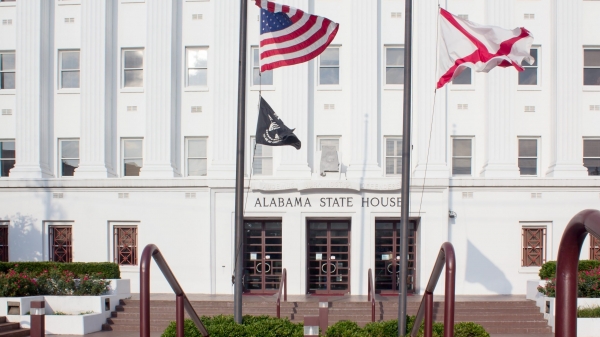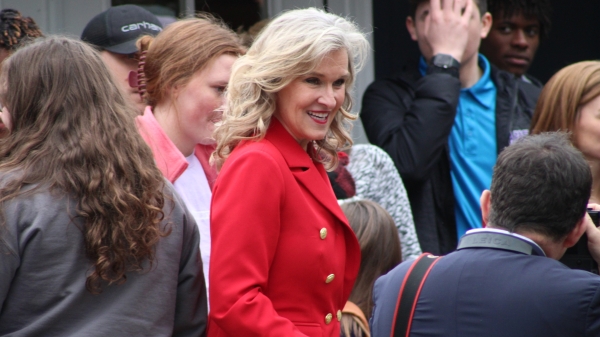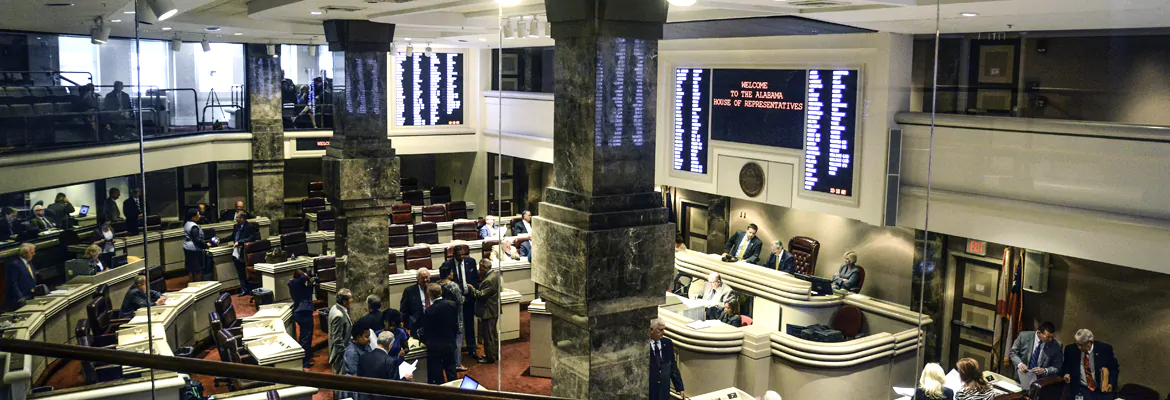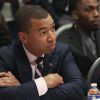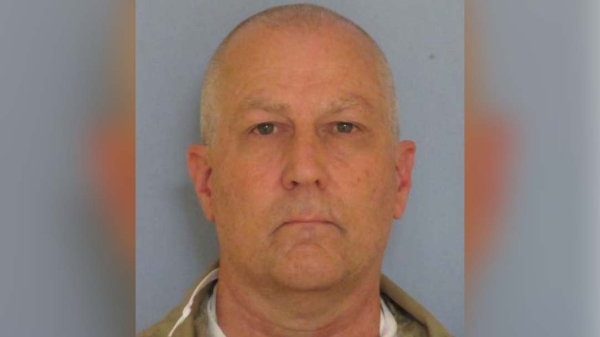By Bill Britt
Alabama Political Reporter
MONTGOMERY—Last week, in a hand delivered letter, the State’s Attorney General was joined by all of the State’s District Attorneys, calling for the withdrawal of an opinion that gave Rep. Patricia Todd (D-Birmingham) the right to lobby the legislature on behalf of her employer.
On August 5, 2015, the commission issued opinion No. 2015-14, which, according to Attorney General Luther Strange and the State’s DAs, “practically permits an interest group (HRC Alabama) to pay a legislator (Rep. Patricia Todd) to lobby the legislature and state and local governments, we find the Ethics Commission’s legal analysis to be fatally flawed.”
In April, Todd was named director of Human Rights Campaign of Alabama (HRC). The Human Rights Campaign is America’s largest organization working to achieve lesbian, gay, bisexual, and transgender equality, according to its website.
 The letter from the AG and DAs strongly noted that the request not be construed as attack upon Rep. Todd, the HRC, or any position taken by any LGBT organizations. Rather, the opinion threatened the rule of law, and would have a nullifying effect upon the Alabama Ethics Code: “Our concern is not with the substance of any position taken by the HRC or Rep. Todd, but is with the larger ramifications of this opinion upon the rule of law, and its nullifying effect upon the Alabama Ethics Code.”
The letter from the AG and DAs strongly noted that the request not be construed as attack upon Rep. Todd, the HRC, or any position taken by any LGBT organizations. Rather, the opinion threatened the rule of law, and would have a nullifying effect upon the Alabama Ethics Code: “Our concern is not with the substance of any position taken by the HRC or Rep. Todd, but is with the larger ramifications of this opinion upon the rule of law, and its nullifying effect upon the Alabama Ethics Code.”
When Todd’s appointment was announced some five months ago, the Alabama Political Reporter wrote HRC asking, “Will Rep. Todd be able to remain in the legislature since there is political organizing/lobbying aspect to this job?” Hubert Tate, who served as communications director at the time, did not respond to our request for clarification.
In the request, the Attorney General Luther Strange and the State’s DAs offered to provide their legal analysis for review. The Alabama Political Reporter obtained a copy of the memorandum from the Attorney General Luther Strange and the State’s DAs.
The memorandum states, “portions of the opinion…flatly contradict the plain language of the law,” and points out some of the “bizarre conclusions,” reached in the commission’s opinion concerning Todd’s employment.
The Attorney General’s analysis begins by pointing out that the opinion ignores the prohibition against a legislator accepting a “thing of value” from a “principal.”
The AG’s legal argument found the “proposed arrangement does not fall under any exception to the law. The closest exception to the prohibition at issue is for “[c]ompensation and other benefits earned from a non-government employer, vendor, client, prospective employer, or other business relationship in the ordinary course of employment which make it clear that the thing is provided for reasons unrelated to the recipient’s public service as a public official or employee.” Ala. Code § 36-25-1(34)(b)(10). This exception does not apply for at least three reasons.”
Ala. Code § 36-25-5.1(a), states: “No lobbyist, subordinate of a lobbyist, or principal shall offer or provide a thing of value to a public employee or public official . . . and no public employee or public official . . . shall solicit or receive a thing of value from a lobbyist, subordinate of a lobbyist, or principal.”
According to the AG’s findings, “There is no dispute that HRC Alabama is a “principal” and that Rep. Todd is a “public official.” A principal is a “person or business which employs, hires, or otherwise retains a lobbyist” and “is not allowed to give a thing of value.”
The Ethics Commission based it opinion on arguments provided by Edward A. “Ted” Hosp is a registered lobbyist for HRC Alabama.
The AG’s analysis holds that, “By accepting paychecks from HRC Alabama, a principal, Rep. Todd would be violating the plain language of Ala. Code § 36-25-5.1(a).”
In the commissions opinion they state, Rep. Todd as a legislator plans to “introduce legislation that is supported and in many cases drafted and advocated for” by HRC Alabama; “seek[] the votes of other members of the House and Senate in support of such legislation”; “speak in favor of this legislation publicly, in committees and on the floor of the House of Representatives”; “work[] against legislation that she views as harmful to the LGBT community” and “undertake all of the above activity (seeking votes, speaking out and voting) with regard to such legislation.” Op. 4. And as HRC Alabama’s Director, she will “manage and supervise” HRC’s staff, which would presumably draft the legislation that she may introduce or support as a legislator; “engage in educational work” about the issues she will address as a legislator; “seek contributions – i.e. fundraise – from private parties in Alabama”; “serve as the spokesperson for the group on issues affecting the LGBT community,” such as the legislation she will introduce and support; and “seek local ordinances and resolutions that support and protect the rights of members of the LGBT community from county and municipal governments.”
The AG’s analysis found HRC Alabama touting Rep. Todd’s position as both Representative and Director on its website and blog.
And further publication such as “HRC Staff, “Celebrating Alabama Pride with Rep. Patricia Todd,” shows that HRC Alabama itself seems to believe that Rep. Todd’s role as a legislator is connected to her role with HRC Alabama.
Attorneys and lobbyists for HRC argued before the commission the exception for “[c]ompensation and other benefits” applies to legislators. As an example a legislator can sell cars at a Ford dealership, even if Ford is a “principal.”
But the Attorney General’s Office says that is not the case in the Todd opinion. “If anything, the facts here indicate that Rep. Todd was offered the position as Director, in part, because of her public service,” said the State’s legal analysis The Ethics law does not allow a principal to pay a legislator under these circumstances.”
The Todd opinion has raised eyebrows in the legal and legislative community, because it is an argument used by Speaker MIke Hubbard in his latest attempt to have his the 23 felony charges dismissed. The inclusion of the Todd opinion was added after Hubbard’s attorneys request more time to file the motion to dismiss the charges against him saying they were unconstitutional.
The AG’s legal memo also states that Todd’s employment with HRC “runs afoul of lobbying prohibitions.”
In his latest motion, Hubbard argues that he has a constitutional right to lobby for money. The State is challenging these assumptions before the commission, and before the court.













